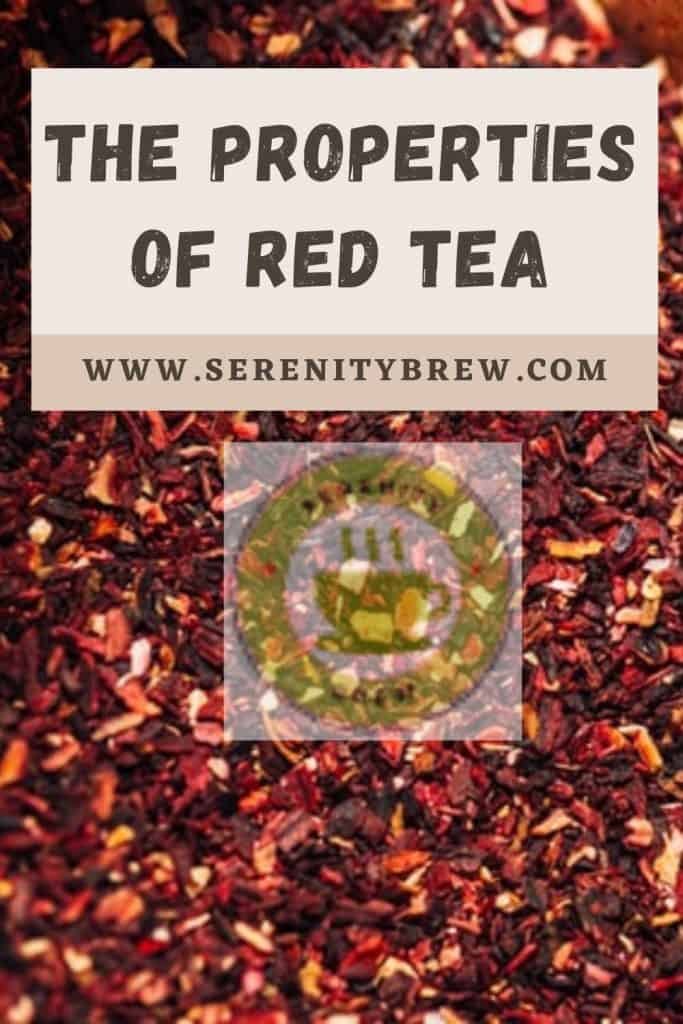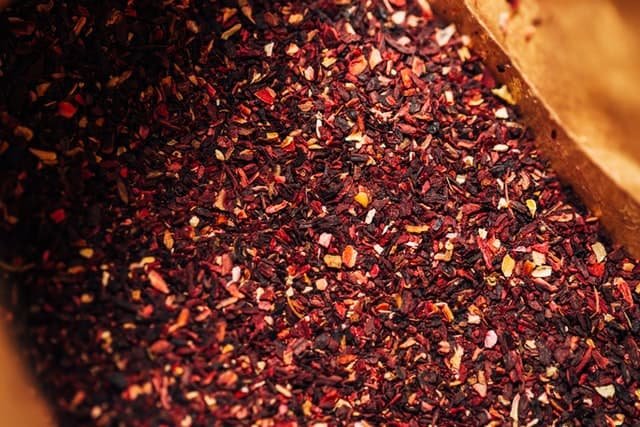
Red tea (as we know Chinese pu-erh in the West) is a very particular tea. During its manufacturing process, it goes through a phase of microbial fermentation that causes compounds and chemical activities that are very beneficial for health to appear.
Red tea is a medicinal herb. In recent decades, numerous universities, mainly in China and Japan, have launched to study the properties of red tea from a modern scientific perspective.
To date, there are numerous studies that highlight the antitumor, anti-obesity, antioxidant, antiviral, anti-inflammatory properties and an impressive etcetera of red tea.
The research aspects are broad and at various stages of maturity. Remember that for a detailed consultation on a health issue related to red tea you must go to a specialist.
The magic of fermentation
It is inevitable to talk about the fermentation process if you want to discuss the properties of red tea and its health benefits.
It is precisely during fermentation that molds and bacteria perform their transformative magic and create new chemical compounds from the original elements of the tea.
These compounds give tea properties that have to consider it a medicinal herb and a natural remedy for various conditions.
On the other hand, the chemical compounds generated with fermentation affect the taste, softening and rounding it. Teas can be fermenting anywhere from a few months to several years. Time enriches the nuances and makes the oldest teas coveted by specialists.
All the benefits of pu erh
It has anti-cancer properties
To this day, numerous studies show evidence of the properties of red tea to treat and control various types of cancer.
According to an analysis, red tea has even stronger anti-cancer effects than green tea. A remarkable aspect is that the fermented red tea was more effective than the non-fermented one. This is an indication that long fermentation times improve the health properties of red tea.
A study described the use of pu-erh to limit the growth of tumor cells without affecting healthy cells. This is a hopeful discovery in the search for non-aggressive methods to curb cancer.
A study showed an inhibitory effect on tongue carcinoma related to red tea consumption. Their results show that pu-erh tea is effective in preventing and avoiding metastasis in oral mucosal cancer.
Pu-erh also has inhibitory effects on the growth of malignant breast cancer cells according to this study in which the universities collaborated.
Scientists continue to work on various lines to define the mechanisms of action of pu-erh to contain and treat cancer and bring tools derived from their research to the health market.
Controls cholesterol and sugar levels
A study suggests that puerines, chemical components generated during the microbial fermentation process of red tea, have therapeutic effects that can be used for the treatment of diabetes and hyperlipidemia (presence of elevated blood lipids).
The study detected a significant reduction in cholesterol (TC), triglyceride (TG), and blood glucose levels attributable to puerine.
A study concluded that pu’er tea extract significantly reduced body weight gain and subcutaneous adipose tissue.
On the other hand, red tea extract treatment improved glucose tolerance and insulin sensitivity of mice in another study from the university .
An animal study determined the effectiveness of red tea in lowering LDL cholesterol levels and preventing obesity-related conditions.
Helps to have a healthy heart
Red tea is a natural source of lipid-lowering compounds and antioxidants. Thanks to its properties to control cholesterol, red tea offers benefits to prevent disorders in the cardiovascular system.
An interesting result of this study was that the fermented pu-erh was more effective than the non-fermented one in the analyzed group.
Helps to lose weight
Factors such as the improvement of the synthesis of fatty acids, the action of the caffeine naturally present in the tea or the high content of gallic acid in red tea, mean that this is considered an effective solution to help lose weight.
This article on the slimming effects of red tea collects all the essential information on the subject.
Improves symptoms of osteoporosis
There are numerous studies that substantiate the benefits of tea consumption (of any kind) to reduce the risk of osteoporosis and mitigate its effects.
Prolonged consumption of tea increases bone strength and reduces the risk of fractures.
If we talk specifically about red tea, this study on animals and in vitro concluded that red tea is especially effective in mitigating osteoporosis.
Protects against neurodegenerative diseases
Tea consumption is considered a natural complementary therapy for neurodegenerative diseases. Various epidemiological studies established associations between tea consumption and a reduced risk of Alzheimer’s disease.
Red tea contains biological compounds that inhibit the expression of neurotransmitters such as glutamate, which, in excess, are toxic and cause the death of neurons. Thus, this study defines pu-erh as a natural neuroprotective agent.
It is anti-inflammatory
Red tea has powerful anti-inflammatory effects. Thanks to them, it improves the processes of chronic inflammation of arteriosclerosis (condition by which plaque composed of fat, cholesterol and calcium accumulates in the arteries).
Reduces uric acid
A team studied the effects of consuming fermented pu-erh on animals. Red tea significantly lowered uric acid levels.
It is antioxidant
Red tea, like the rest of the members of the tea family, has a high antioxidant power. In fact, the fermentation process of red tea often results in higher antioxidant concentrations than in other non-fermented teas.
Anti-stress
Pu erh is rich in a component called GABA, an amino acid with inhibitory effects on the central nervous system. It is suspected that it influences and regulates the production of melatonin, a hormone related to sleep.
In this way, although it is true that tea contains caffeine, the conjunction of theanine with GABA could help you to be calmer and fall asleep better.
Potential benefits for the liver
There is an interesting area of open study that links the consumption of red tea with benefits for the liver. At the moment, only studies have been carried out on animals, so no conclusions have yet been reached about its consumption in humans.
In this study, Japanese and Chinese researchers concluded that pu erh extract improved hepatic fat metabolism in a mouse study. This suggests that pu erh could be used to treat non-alcoholic fatty liver disease.
In relation to the protective effects of red tea on the liver, there is also a study that analyzed its protective effects in the case of certain types of cancer treatment with chemotherapy.
Contraindications of pu erh
Teas and infusions are, in general, healthy drinks that provide interesting properties and have the added benefit of being tasty and containing practically no calories.
However, there are certain situations in which the consumption of pu erh (or any type of tea) may be discouraged.
Some people who are sensitive to caffeine feel the effects of the theine present in the tea. This can cause insomnia, headaches, digestive problems or even hypertension. There is no need to be alarmed, these negative effects usually only appear in cases where there is a previous medical condition or excessive consumption occurs.
Some adverse effects on iron absorption have also been studied if pu erh is consumed during meals, but the data is still not very clear.
Health and taste

While modern medicine began to study the properties of red tea relatively recently, it has used pu-erh and other teas as remedies for centuries.
Research must continue, there are still many questions and unknown factors about how and why red tea is beneficial to our health.
One thing that we recommend you investigate for yourself is the great taste of this very special variety of tea. The earthy, smooth, and complex flavors of old pu-erh are truly amazing.
